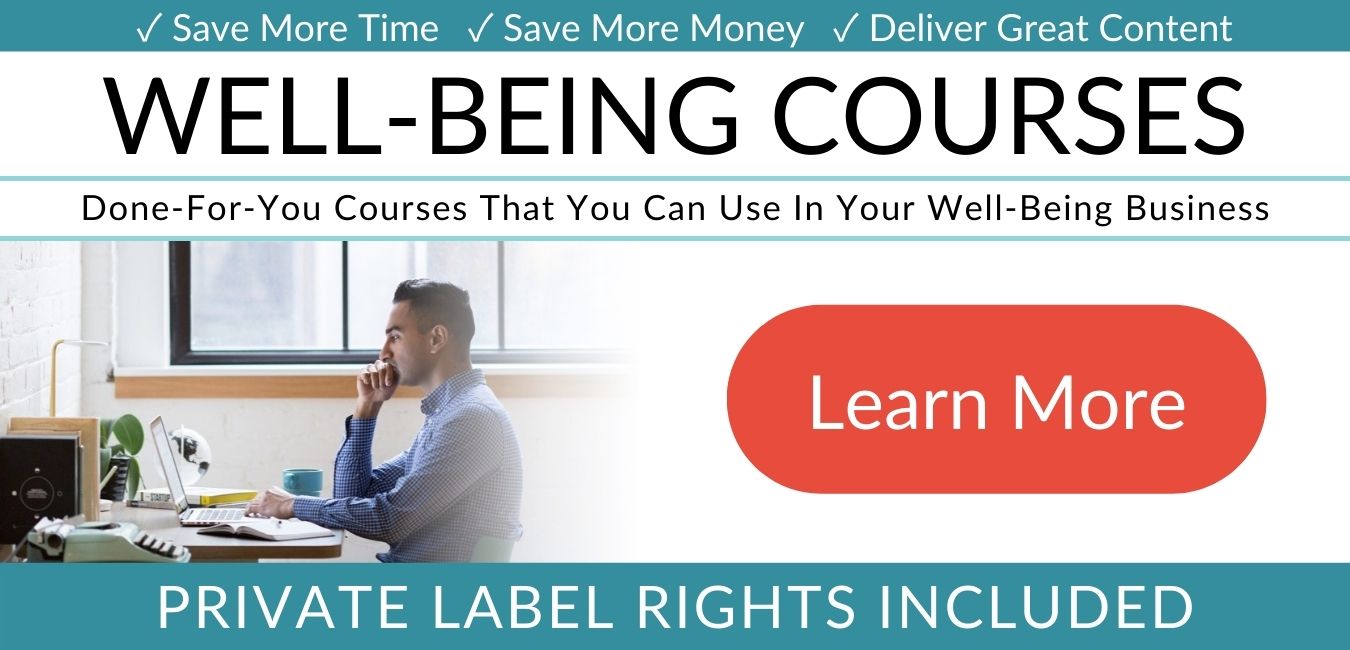True Callings: Definition & How To Find YoursBy Angela Saulsbery, M.A.
Reviewed by Tchiki Davis, M.A., Ph.D. Have you wondered if you have a true calling? What is a calling, anyway? Discover the definition, how to find yours, and why it’s okay not to have one.
If so, read on–in this article, we’ll discuss the definition of a true calling, examples of a true calling, and how to identify and nurture your true calling. I’ll also explain why it’s okay (and even equally desirable) not to have a true calling.
Before reading on, if you're a therapist, coach, or wellness entrepreneur, be sure to grab our free Wellness Business Growth eBook to get expert tips and free resources that will help you grow your business exponentially. Are You a Therapist, Coach, or Wellness Entrepreneur?
Grab Our Free eBook to Learn How to
|
Are You a Therapist, Coach, or Wellness Entrepreneur?
Grab Our Free eBook to Learn How to Grow Your Wellness Business Fast!
|
Terms, Privacy & Affiliate Disclosure | Contact | FAQs
* The Berkeley Well-Being Institute. LLC is not affiliated with UC Berkeley.
Copyright © 2024, The Berkeley Well-Being Institute, LLC
* The Berkeley Well-Being Institute. LLC is not affiliated with UC Berkeley.
Copyright © 2024, The Berkeley Well-Being Institute, LLC




